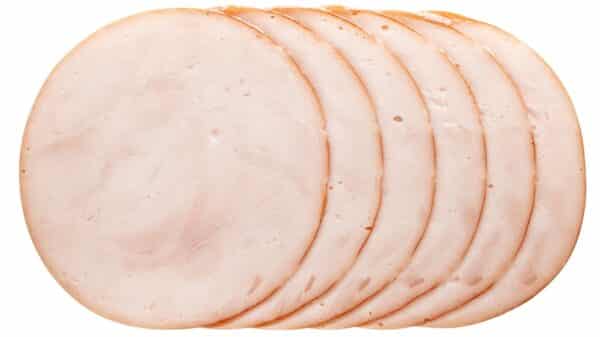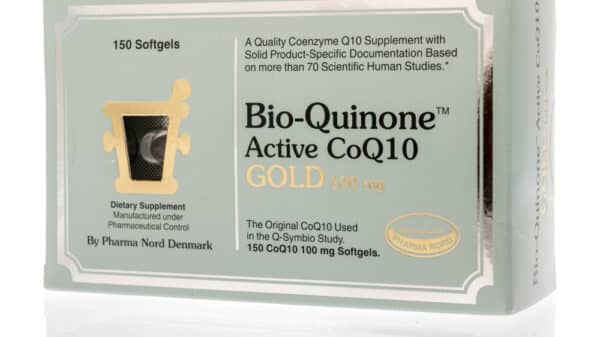Addiction is an intricate and multifaceted issue that can touch anyone, regardless of age, background, or circumstances. It doesn’t just impact a person’s physical state; it seeps into emotional and mental health, altering perceptions, relationships, and everyday lives. While we often think of addiction in terms of substances like alcohol or drugs, it’s essential to recognize that behavioral addictions—like those related to gambling or the internet—can be just as absorbing and disruptive.
Understanding the types of addiction is the first step in recognizing early symptoms and seeking help. Whether someone grapples with dependency on substances or engages in compulsive behaviors, the fallout can be significant, affecting health, relationships, and the quality of daily life. In this guide, we’re not just listing those addictions but also offering insights on how they develop and the pathways available to those seeking recovery and support.
So, let’s dive in and explore this vital topic together!
Addiction is a chronic condition that pushes individuals into a relentless chase after a substance or a particular behavior, often in spite of the negative ripple effects that manifest in various aspects of life. At its core, addiction transforms brain chemistry, making it virtually impossible for someone to rein in their impulses. You can broadly categorize addiction into two primary types: substance addictions (like alcohol, drugs, tobacco) and behavioral addictions (like gambling, gaming, or compulsive shopping).
When you start to look at the different kinds of addiction, you realize just how pervasive this issue is. Here are some key types to be conscious of:
Alcoholism, or alcohol use disorder, is one of the most prevalent addictions worldwide. It often starts innocently enough—a drink at a social gathering, perhaps—but can spiral into excessive consumption. For many, it leads to physical dependence, emotional reliance, and social ramifications that can fracture relationships and destroy careers. You might find yourself invoking a craving you just can’t shake, losing control over your drinking, or feeling the harsh pangs of withdrawal when your supply runs low.
Problem gambling, another dark undercurrent of addiction, is a behavioral addiction where people gamble compulsively, often ignoring the hurt it brings not only to themselves but to their loved ones as well. Are you or someone you know chasing losses, neglecting responsibilities, or hiding the extent of their gambling habits? Compulsive gambling can tear lives apart, leaving financial devastation in its wake.
Sex addiction is no less destructive. It often manifests as compulsive sexual behaviors that disrupt everyday life, whether through excessive pornography consumption, risky sexual encounters, or an inability to rein in those urges. Unfortunately, this addiction can severely strain personal relationships and deteriorate mental health.
Cannabis addiction is often dismissed as a lesser concern, yet it can be just as debilitating for those who develop a dependency. Even if society has a relaxed stance toward cannabis, some users find themselves experiencing withdrawal symptoms like irritability, anxiety, and insomnia when trying to cut back. You may feel trapped—knowing that the highs come at a cost but being unable to reduce your consumption.
When you think of cocaine addiction, you picture a rapid descent. This powerful stimulant can produce euphoric highs but leads to swift physical dependence and a cycle of cravings that feels impossible to break. This addiction often propels individuals into severe mental health issues, financial challenges, and strained social ties.
Beyond these substances, drug addiction encompasses a wide array of substances, from illegal drugs like heroin and methamphetamine to legal options like nicotine. Drug dependency often inflicts severe emotional, physical, and social harm, with withdrawal symptoms serving as a daunting barrier to recovery.
Food addiction is another significant area that many don’t often consider. It involves compulsive eating behaviors and an inability to resist cravings for unhealthy foods, and the aftermath often leads to obesity or severe health conditions. Many find that emotional triggers play a monumental role in their eating habits.
Behavioral addictions, as a category, involve compulsive engagement in certain activities despite knowing the negative outcomes. These can be hard to recognize because they don’t involve substance use but can nonetheless provide a similar rush of gratification as drugs do.
Video game addiction, particularly prevalent among younger demographics, is a growing concern that can upend daily life. Excessive gaming can lead to withdrawal from social circles, neglecting personal care, and even mood swings when gameplay is interrupted—a reminder that while gaming provides an escape, it can also become a trap.
Prescription drug addiction sometimes starts innocently enough with a legitimate medical prescription, but misuse of medications like opioids can spiral into dependence. What begins as a coping mechanism can turn into a vicious cycle of compulsive consumption.
And then there’s internet addiction. In an age where we’re constantly plugged in, some individuals find themselves overly obsessed with social media, online gaming, or endless browsing. It can lead to disrupted sleep, anxiety, and a profound sense of isolation, clouding what should be meaningful connections and real-life responsibilities.
So, how can we navigate the choppy waters of addiction treatment? Tackling addiction often requires a comprehensive approach tailored to the individual. Here are some avenues to consider:
Therapy is often the cornerstone of recovery and can take many forms, from cognitive behavioral therapy (CBT) to support group settings. Therapy allows you to unpack the underlying triggers of your addiction and build healthier coping strategies to replace destructive behaviors.
In some instances, medications can play a crucial role in alleviating withdrawal symptoms and curbing cravings, ultimately making the path to recovery more manageable. Remember, this isn’t about replacing one addiction with another—it’s about finding the right tools to empower you on your journey.
Rehabilitation programs, whether inpatient or outpatient, provide structured support. They offer a blend of therapies, including individual and group counseling and skill-building workshops designed to help you tackle your addiction and rediscover your life outside of it. If the addiction is severe, a residential program can offer round-the-clock care, while outpatient programs facilitate a balance between treatment and daily responsibilities.
Finally, support groups such as Alcoholics Anonymous (AA), Narcotics Anonymous (NA), and Gamblers Anonymous (GA) provide a community of peers who understand the struggles of addiction. Sharing experiences can go a long way toward recovery, helping to remind you that you are not alone in this fight.
To wrap it up, remember that establishing healthy routines, exploring new hobbies, and surrounding yourself with positive influences can be crucial in the long road to recovery—no matter what type of addiction you’re facing. If you find yourself or someone you care about grappling with addiction, seeking professional help is not just important; it’s vital.
Recovery can be a rollercoaster ride filled with ups and downs, but with the right support network around you, anything is possible. Take it one day at a time and don’t lose sight of that broader goal—you’ve got this!
Image Source: shisu_ka / Shutterstock
































